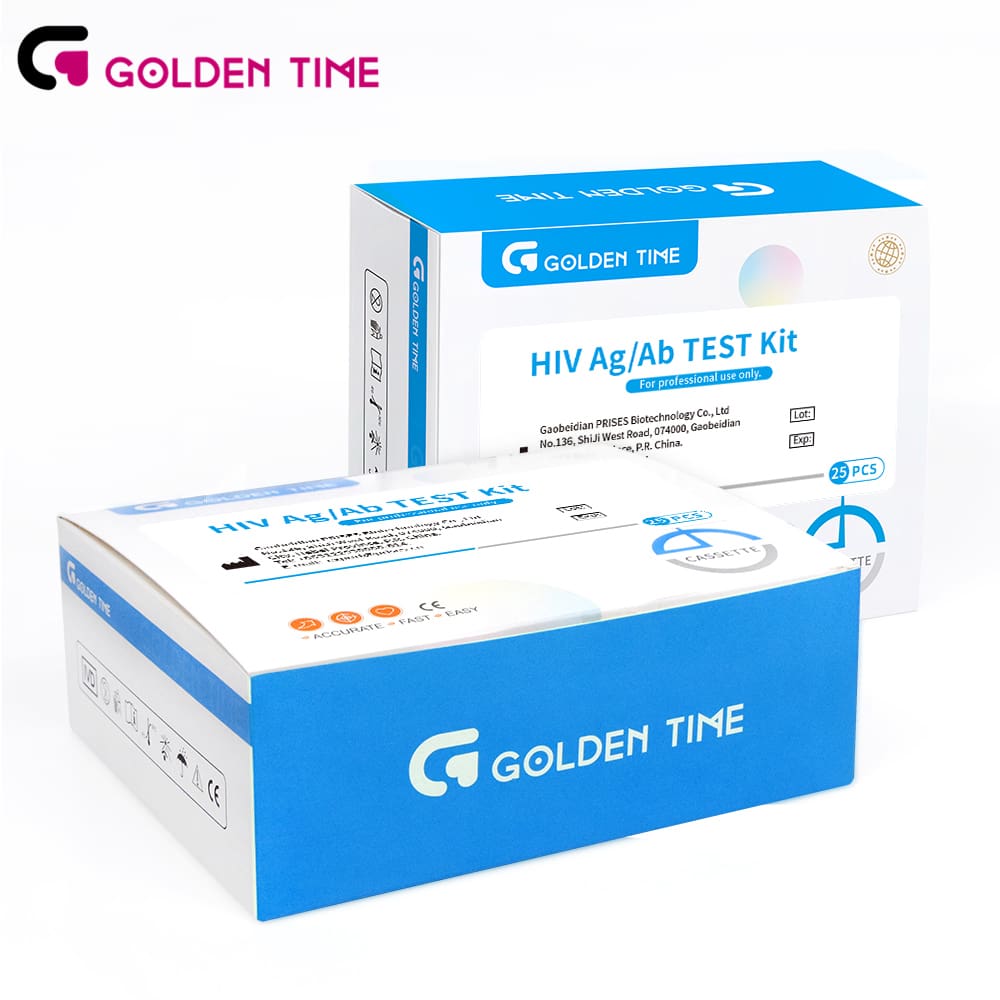Aug . 20, 2024 01:35 Back to list
Dengue NS1 Antigen Test Cost from Manufacturer for Accurate Diagnosis and Screening
Understanding Dengue NS1 Antigen Test Pricing and Manufacturing
Dengue fever, caused by the dengue virus, is a significant global health concern, particularly in tropical and subtropical regions. One of the most essential tools in the diagnosis of dengue fever is the NS1 antigen test, which detects the presence of the NS1 protein produced by the virus during the early stages of infection. Given the rising incidence of dengue cases worldwide, understanding the pricing and manufacturing of NS1 antigen tests has become increasingly important.
The Importance of the NS1 Antigen Test
The NS1 antigen test is particularly valuable because it allows for the diagnosis of dengue fever within the first few days of infection when other tests, such as antibody tests, may not be effective. Early diagnosis is crucial for timely medical intervention and effective patient management. The test is often favored for its speed and reliability, helping healthcare providers determine the best course of action for patients exhibiting symptoms of dengue.
Factors Influencing Pricing
The price of NS1 antigen tests can vary widely based on several factors. One significant factor is the manufacturing process. Tests produced under stringent quality control measures in certified laboratories tend to have higher prices due to the cost of raw materials, technology, and labor. In contrast, tests manufactured in facilities with fewer regulatory standards may be cheaper but could compromise on accuracy and reliability.
Another factor influencing price is the scale of production. Larger manufacturers benefiting from economies of scale can produce tests at a lower cost, which may translate into reduced prices for end consumers. Conversely, smaller manufacturers may have higher per-unit costs, impacting their pricing strategies.
dengue ns1 antigen test price factory

Additionally, regional market dynamics play a crucial role in pricing. In countries heavily affected by dengue, such as Brazil, India, and Thailand, competition among manufacturers can drive prices down. Conversely, in regions with less demand or fewer local manufacturers, prices may remain higher. Import costs, tariffs, and government regulations can also impact the final price of NS1 antigen tests in various markets.
The Role of Quality Assurance
When considering the price of dengue NS1 antigen tests, it is essential to emphasize the role of quality assurance. Tests that are CE marked or approved by the US FDA are often priced higher because they meet stringent safety and efficacy standards. While these tests may be more expensive, they provide greater assurance to healthcare providers and patients regarding their accuracy.
In contrast, lower-priced tests that lack proper certification may pose risks, leading to misdiagnosis or inappropriate treatment, potentially endangering patients' health.
Conclusion
As the prevalence of dengue fever continues to rise globally, the demand for accurate and reliable NS1 antigen tests will only increase. Understanding the factors that influence the pricing and manufacturing of these tests is imperative for healthcare providers, policymakers, and other stakeholders.
Investments in research and development, adherence to quality standards, and fostering healthy competition among manufacturers can help ensure that these essential diagnostic tools remain accessible, affordable, and reliable. Ultimately, the goal is to enhance patient outcomes and effectively manage dengue fever, thereby reducing the overall burden of this significant public health challenge. As we work towards improving diagnostic capabilities, the importance of ensuring the availability of affordable and high-quality dengue NS1 antigen tests cannot be overstated.
-
Dengue NS1 Rapid Diagnostic Test Kit
NewsMar.07,2025
-
Dengue NS1 Rapid Diagnostic Test Kit
NewsMar.07,2025
-
Dengue NS1 Rapid Diagnostic Test Kit
NewsMar.07,2025
-
Transferrin Rapid Test Cassette Tumor Marker TF Card
NewsMar.07,2025
-
Malaria Pf Pan Rapid Diagnostic Test Kit
NewsMar.07,2025
-
malaria pf / pan ag rapid test
NewsMar.07,2025

